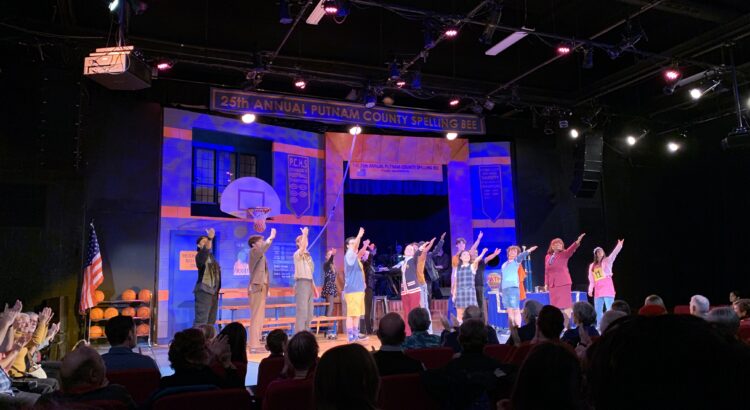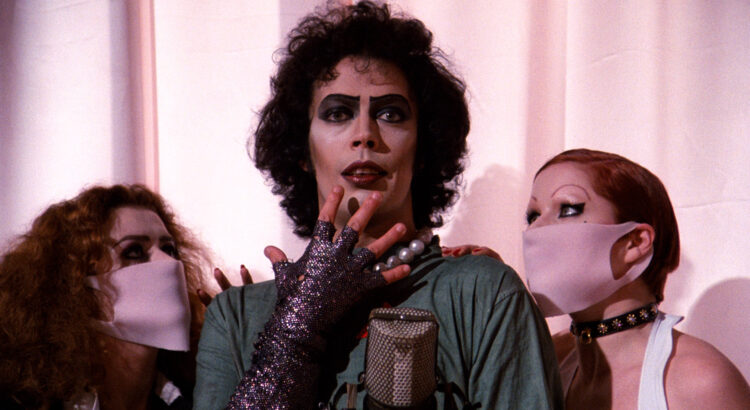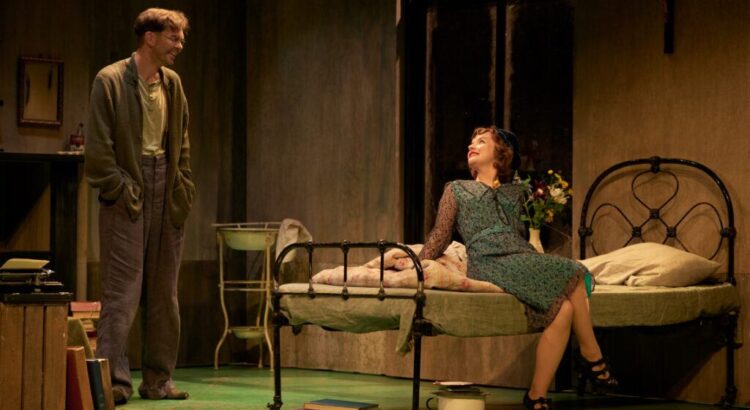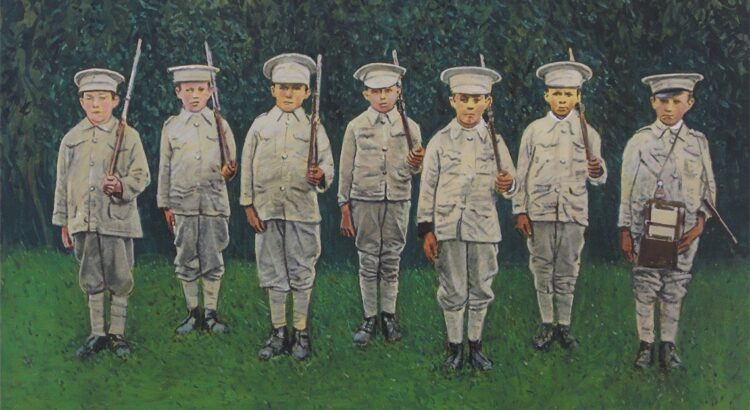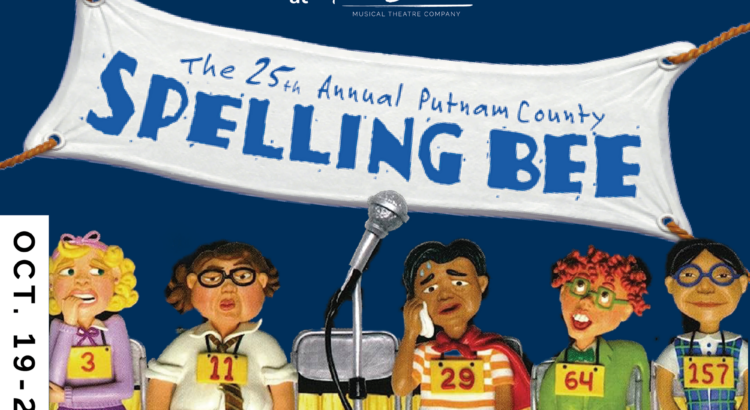SMTD’s performance of The 25th Annual Putnam County Spelling Bee was so good: it was immersive, hilarious, and well put together. It sounds like it’d be a wholesome musical since the main characters are children but to my surprise, it wasn’t child-friendly at all. The script made use of sexual innuendos, exaggerated stereotypes, and religious satire to crack jokes. The audience, me included, ate it up. As described on the SMTD website, it truly is a musical that “charms audiences with effortless wit and humor, making the Bee one unforgettable experience”.
One part of the experience I loved was how they included the viewers in the spelling bee and gave each of them fun and quirky personas, such as “being raised by wolves” and having “denim as their favorite color”. The actors looked so natural when interacting with the audience members that it took me a bit to realize it wasn’t staged. If the participants spelled their given word wrong, they were escorted off the stage with a juice box and were serenaded with the song Goodbye that poked fun at their failure in the bee. The funniest part was when to proceed with the plot, it became time to kick the surviving participants off the stage by challenging them with ridiculous words. Despite their efforts though, one of them actually managed to spell something incomprehensible from a Scottish dialect, shocking everyone. The actors did a great job of improvising by calling her back to the microphone and giving her another word, which this time she failed to spell. As a reward for being the last one standing though, she got her own special rendition of Goodbye sung to her.
The characters that stood out to me the most were William Barfée, a snotty (quite literally) nerd, Logainne Schwartzy, a girl with a heart of gold, and Leaf Coneybear, who for some reason always had to spell the names of South American rodents. However, my favorite character was actually Vice Principal Douglas Panch. The actor did such a good job of portraying the classic slightly odd and suspicious adult figures I remember from my own elementary school days. Although these characters left the biggest impression on me, I genuinely loved everybody because they all had so much personality to them.
An inconvenience though is that it took place at The Encore Musical Theatre Company, a performance venue in Dexter that’s an eighteen-minute drive from central campus. Once I got there though, I realized how big of a role the stage set-up and background played in really bringing this musical to life. Most importantly when performing Pandemonium, a song and dance that really showcased the crazy and wild side of children. They were running around, jumping on tables, spinning seats, and even hanging from the basketball hoop.
This was truly a musical I’m so lucky to have seen, and I highly recommend others to see it if given the opportunity!

